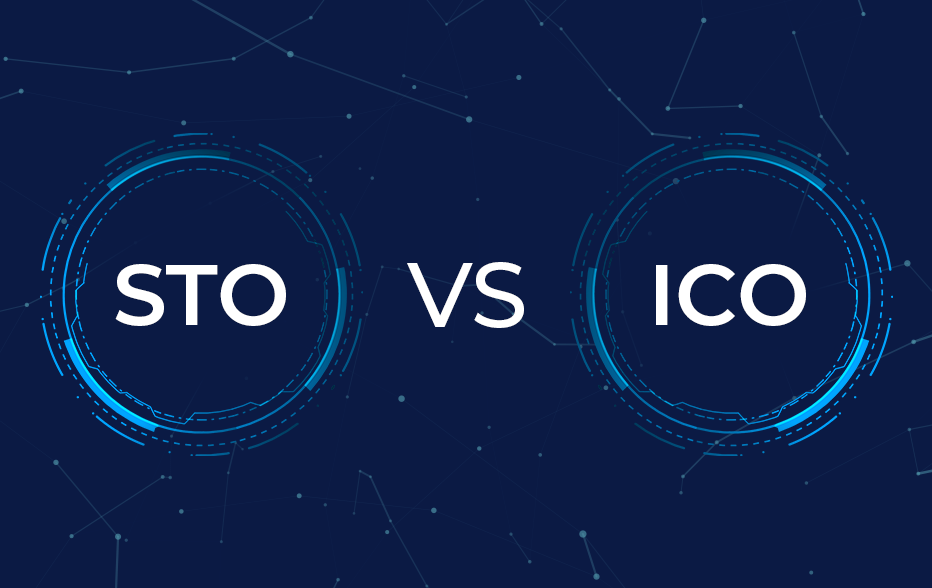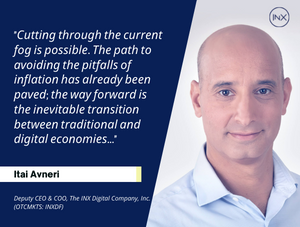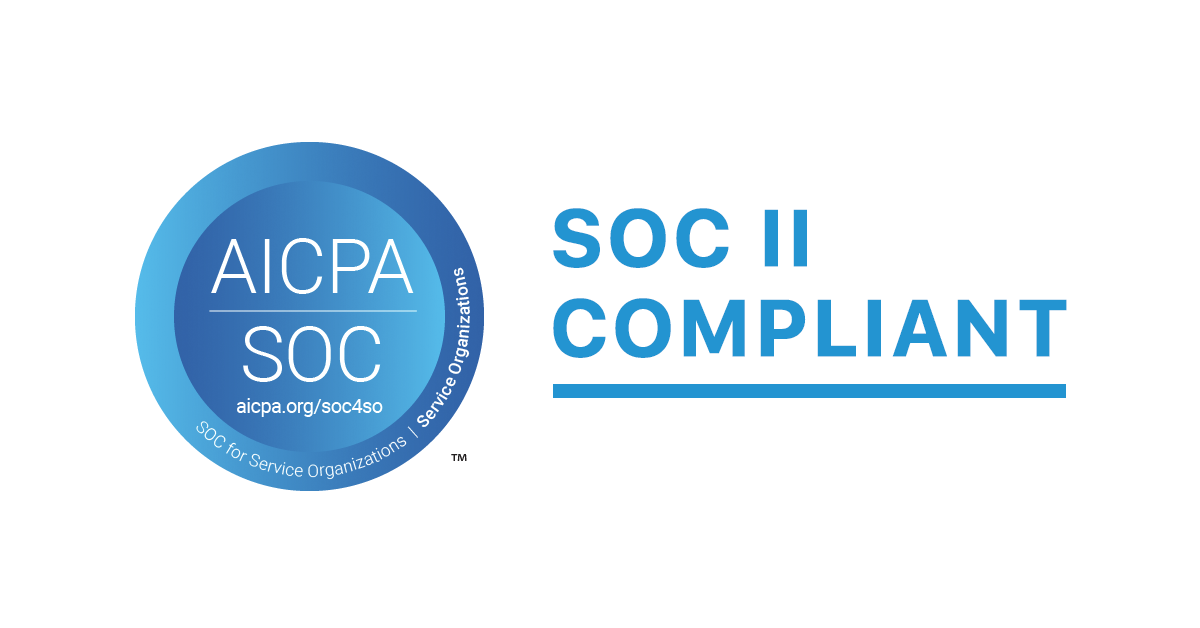Token Offerings in 2023: STOs vs ICOs

In the fast-paced world of startup financing, innovative methods are emerging to raise capital and attract investment. While traditional initial public offerings (IPOs) have long been a go-to solution for corporations seeking funds, the rise of the digital economy has opened up new avenues for funding. Enter blockchain-enabled fundraising methods like Initial Coin Offerings, ICOs, and Security Token Offerings (STOs), which are revolutionizing the startup financing landscape and offering investors exciting new opportunities. However, pitting STOs vs ICOs reveals that only one token-based fundraising model is built to withstand the tests of time.
What is an STO?
STOs are an innovative class of security tokens that represent traditional legal ownership of real-world assets. Security token offerings are a unique blend of digital tokens, securities, and conventional equity. They are a mechanism for start-ups, established companies, and institutions to raise funds through the issuance of digital security tokens. The use of security tokens ensures that ownership stakes are securely and transparently preserved on the blockchain. Tokenization does not change the underlying benefits of the security, but rather, it has made accessibility, transparency and affordability that much more practical.
What is an ICO?

Initial coin offerings (ICOs) are a form of blockchain-enabled crowdfunding in which an organization sells crypto coins to investors as a means of raising funds. ICO token sales can be open to anyone, or made available to select investors only. Most ICOs require investors to pay using another cryptocurrency, (eg. Bitcoin or Ethereum) although there are also ICOs that accept fiat money. The number of tokens sold during an ICO and the token price can be either fixed or variable.
3 Major Differences Between STOs and ICOs
1.Regulation: The main distinction between ICOs and STOs revolves around the legal and compliance status of each fundraising type. ICOs are unregulated coin offerings which do not fall under a major US regulatory body. Meanwhile, STOs offer securities to the public, and afford investors the same rights, obligations, and protection as any other SEC-regulated assets. Any company issuing a security token offering must comply with regulated procedures. This includes registering with the SEC and following strict guidelines, including KYC/AML regulations.
2. Trading Venue: After a token offering, the token is then listed on an exchange for secondary market trading. While tokens that come into existence through an ICO can be traded on any crypto exchange, including DEXs, security tokens can only be traded on an alternative trading system (ATS.) The issue is that almost all regulated alternative trading systems don’t support digital assets, with INX being a notable exception. On INX, traders can trade regulated security tokens and crypto assets side-by-side.
3. Whitelisting: When it comes to an ICO, a whitelist is a list of registered and approved participants that are given exclusive access to contribute. On the other hand, whitelisting plays a much bigger role in STOs. Investors must whitelist their wallets by going through a KYC (know your client) process through a regulated entity such as INX. Only whitelisted wallets can buy, sell or hold a security token. It is the final step of a security token creation. The whitelist can be changed before, after and during the STO.
The Token Advantage
While we have recognized that the key differences between these offerings relates to regulation, there is one overriding feature which embraces the similarities they share. That is blockchain technology. Both ICOs and STOs are tokens transacted on public blockchains like Ethereum, and the overriding benefits of blockchain is the backbone of both offerings. It is the inherent benefits of blockchain which would be relevant in the offerings, including instant settlement, programmability, immutability, and transparency.
INX and STOs Lead the Way for Investors
The future of security tokens has also been endorsed by the SEC findings in two recent legal proceedings:
- In the Kraken case, the crypto exchange paid a $30 million settlement to the SEC and ended its crypto staking program in the U.S. This was considered an investment contract by the SEC because investors reasonably expected to receive money from Kraken in exchange for joining the staking pool.
- Paxos blockchain platform could be facing a possible lawsuit from the SEC for violating investor protection laws, alleging that BUSD is an unregistered security. Paxos issued the Binance USD (BUSD) stablecoin. Clearly the commission is following the lead of it’s chairman Gary Gensler who has repeatedly said that most tokens are likely securities.
Recent developments point to a regulated future for digital assets, one in which ICOs run the grave risk of being on the wrong side of SEC enforcement. In such a climate, it’s important to register these securities and use one of the SEC exemptions and then issue them using a regulated entity such as INX.
INX is fully regulated under the SEC and FINRA for its business, leading its clients through every step of the security token process – for both issuers and investors. From vetting potential Issuers, completing the necessary and applicable regulatory process, and ultimately going to market and trading on INX’s regulated platform. This is end to end security token solution is available for all participants. This is the INXWay.
David Azaraf March 9, 2023
Crypto enthusiast, help businesses plug into the token economy





